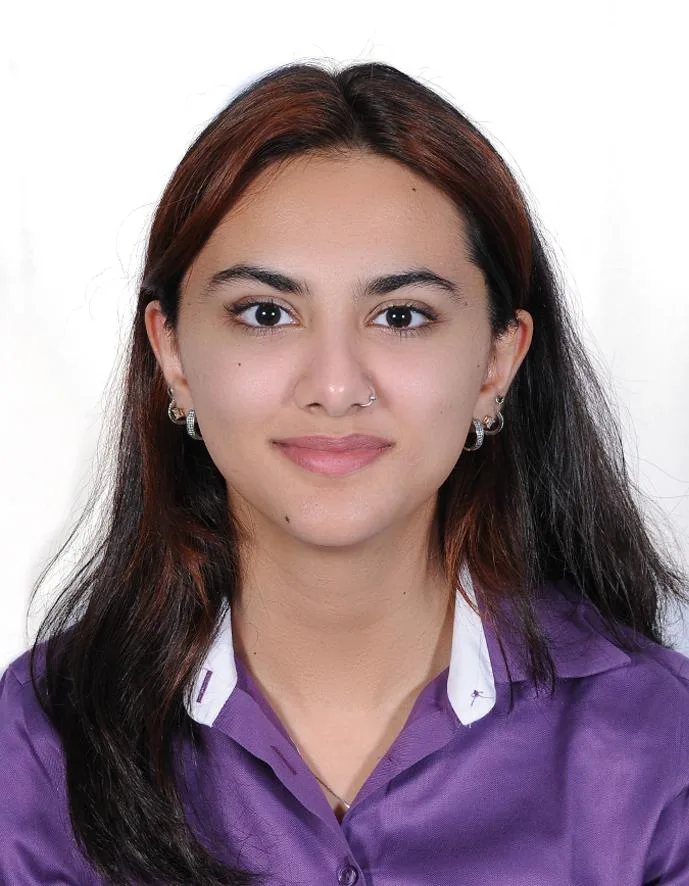The fast-paced nature of contemporary living might make it difficult to take breaks and relax. It may make consistently getting a restful night’s sleep seem like a fantasy. Dr Marishka Brown, a sleep expert at NIH explains that.
“Healthy sleep encompasses three major things – One is how much sleep you get. Another is sleep quality—that you get uninterrupted and refreshing sleep. The last is a consistent sleep schedule.”
Getting enough sleep is essential to sustaining your overall health and well-being over time. Getting enough sleep at the appropriate times helps safeguard your physical and mental well-being, safety, and quality of life.
The following are some significant ways that sleep promotes health:
PHYSICAL HEALTH
Sleep plays a vital role in healing and repairing your heart and blood vessels. Chronic sleep deprivation is linked to an increased risk of heart disease, kidney disease, high blood pressure, diabetes, and stroke.
MENTAL HEALTH
Sleep is essential for maintaining your mental and cognitive wellness. While asleep your brain is preparing for the next day by forming new pathways to help you learn and remember information. Lack of sleep affects how particular brain region’s function, which may cause problems with decision-making, problem-solving, controlling emotions and behavior, and coping with change.
EMOTIONAL WELL-BEING
Sleep deprivation can impact your emotional and social interactions and cause mood swings. Individuals who don’t get enough sleep could feel more agitated or anxious than usual.
COGNITIVE FUNCTION
For the brain to function properly in many areas, including cognition, concentration, productivity, and performance, sleep is essential. Sleep deprivation has an adverse effect on all of them.
WEIGHT MAINTAINANCE
Sleep also plays a role in regulating the hormones that control hunger (ghrelin) and fullness (leptin). An increase in appetite and hunger, and potentially even obesity, are linked to sleep deprivation.
IMMUNE FUNCTION
Adequate sleep helps to maintain an effective immune system. Ongoing sleep deficiency can alter immune system response, increasing susceptibility to common infections.
GROWTH & DEVELOPMENT
Deep sleep triggers the body to release the hormone that promotes normal growth in children and teens. This hormone also boosts muscle mass and aids in tissue and cell repair in children, teens, and adults.
SAFETY
Lack of sleep can impair judgment, reaction time, focus, and decision-making, which raises the possibility of mishaps and injuries.
Also Read: Sleep Tight: The Foods to Avoid Before Bed for a Restful Night
Taking good care of your sleep is one of the cornerstones of health, along with diet and exercise. Most of the research indicates that one should get between 7 and 9 hours of sleep every night for optimal health, although individual needs vary. It’s time to treat sleep with the respect it merits, just as you do your diet and exercise.

Noha Khizarali Hashmi
4th year Medical Student,
RAK Medical and Health Science University












